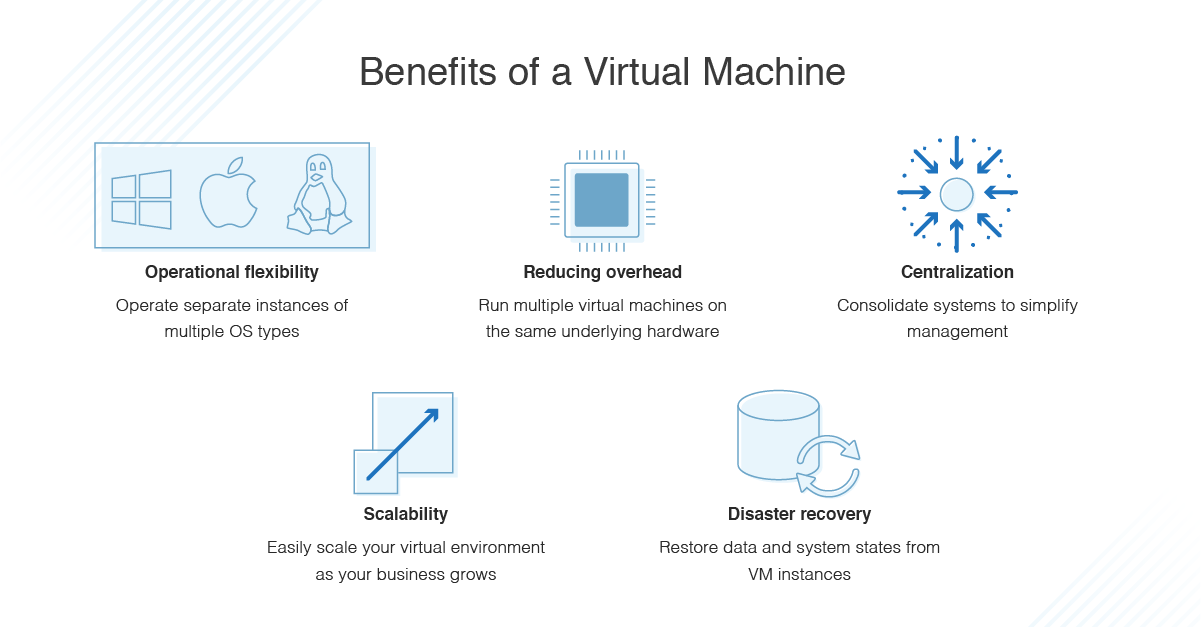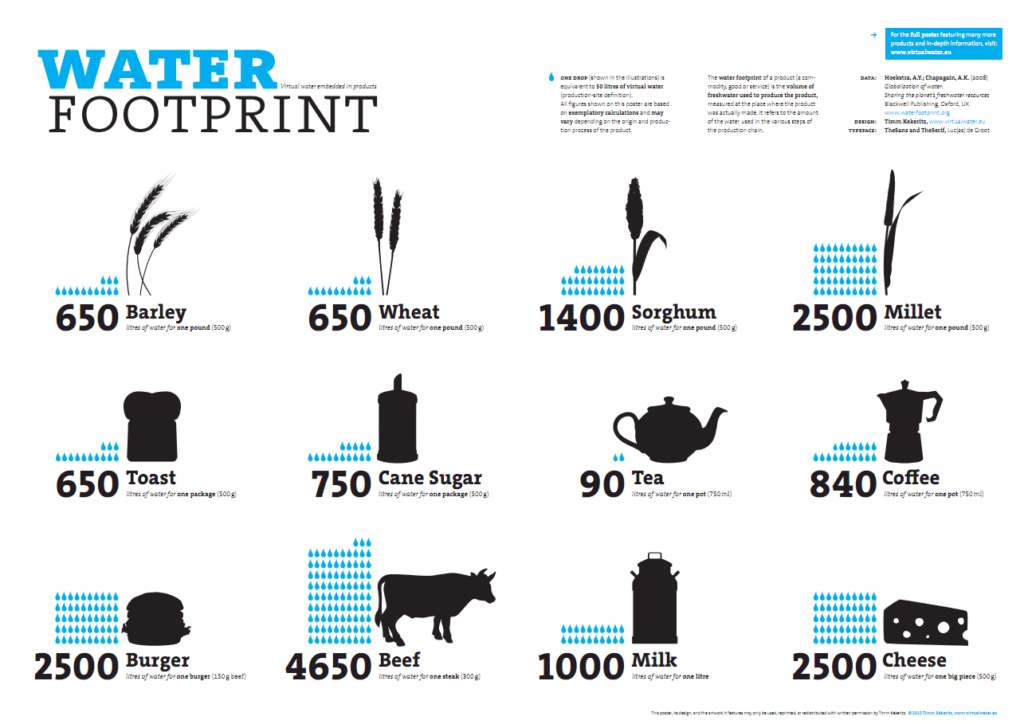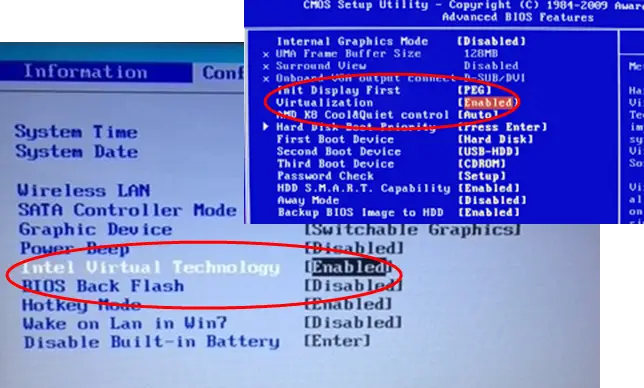Virtual machines have become increasingly popular in recent years. They offer a way to run multiple operating systems on a single physical machine, allowing users to test software, experiment with new configurations, and run applications that might not be compatible with their primary operating system. But with this convenience comes a question of safety. Are virtual machines truly safe, or do they pose a risk to the security of our systems?
The answer to this question is not a simple one. On the one hand, virtual machines can be used to create secure environments that are isolated from the host system. This means that any malware or viruses that infect the virtual machine are contained within that environment and cannot spread to the host system. However, on the other hand, virtual machines are not foolproof, and there are ways in which they can be compromised. In this article, we will explore the potential risks associated with virtual machines and provide tips on how to use them safely.

Are Virtual Machines Safe?
Virtual machines (VMs) are virtualized computing environments that enable users to run multiple operating systems (OSs) and applications on one physical computer. VMs are becoming increasingly popular for businesses, as they offer a cost-effective way to manage multiple OSs and applications within a single environment. But the question remains: Are virtual machines safe?
Understanding Virtual Machines
A virtual machine is essentially a computer within a computer. The physical computer, or host, can run multiple virtual machines (known as guests) simultaneously. Each virtual machine runs its own OS and applications independent of the host and other virtual machines. This allows multiple users to share the same physical computer, each with their own OS and applications.
VMs also offer a level of security, since the virtual machines are isolated from each other. This means that if one virtual machine is compromised, the others are not affected. Additionally, virtual machines can be configured to restrict access to certain applications and data, which helps protect sensitive information.
Security Measures for Virtual Machines
Although virtual machines are generally safe, it is important to take the proper precautions to ensure that your virtual environment stays secure. Here are a few tips for keeping your virtual machines secure:
1. Use Strong Passwords
Make sure to use strong passwords for all of your virtual machines. This will help prevent unauthorized access to your virtual environment.
2. Enable Firewalls
Enable firewalls on all of your virtual machines and configure them appropriately. This will help protect your virtual environment from malicious attacks.
3. Install Security Updates
Keep your virtual machines up to date with the latest security patches and updates. This will help protect your virtual environment from the latest threats.
4. Monitor Access
Monitor access to your virtual environment. Make sure only authorized users have access to your virtual machines.
5. Use Anti-Virus Software
Install anti-virus software on your virtual machines. This will help protect your virtual environment from malicious software.
Conclusion
Virtual machines are generally safe, but it is important to take the proper precautions to ensure that your virtual environment remains secure. By following the tips outlined above, you can ensure that your virtual machines remain safe and secure.
Frequently Asked Questions
Virtual machines are software-based systems that enable you to create and run multiple operating systems on one computer. They are used by businesses and individuals alike to provide an extra layer of security and privacy when accessing the internet, as well as to run multiple operating systems on one computer.
Are virtual machines safe?
Yes, virtual machines are generally considered to be safe. Virtual machines are isolated from the host machine, which means that any changes made to the virtual machine will not affect the host machine. This makes it difficult for any malicious software or viruses to spread from the virtual machine to the host machine. Additionally, the data stored in the virtual machine is not accessible to the host machine, so it is less likely to be exposed to potential threats.
However, it is important to note that virtual machines are only as safe as their underlying security protocols. If the security protocols are weak, the virtual machine may be vulnerable to attack. It is also important to keep the virtual machine up to date with security patches to ensure that any newly discovered vulnerabilities are addressed. Additionally, it is important to use strong passwords and limit access to the virtual machine to only those who need access.

Are Virtual Machines Safe?
In conclusion, virtual machines have proven to be a valuable tool for businesses and individuals alike. However, the question of whether they are safe remains a concern for many. While virtual machines do offer a layer of protection against malware and other cyber threats, they are not foolproof. It is crucial to implement proper security measures, including regularly updating software and maintaining strong passwords, to ensure the safety of virtual machines.
Ultimately, virtual machines offer a balance between convenience and security. They allow users to experiment with new software and run multiple operating systems on a single device, all while minimizing the risk of potential cyber attacks. By taking the necessary precautions and staying vigilant, individuals and businesses can continue to benefit from the advantages of virtual machines while keeping their data and systems safe.



